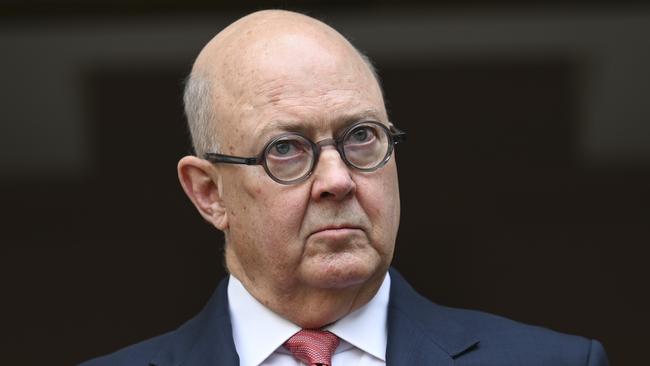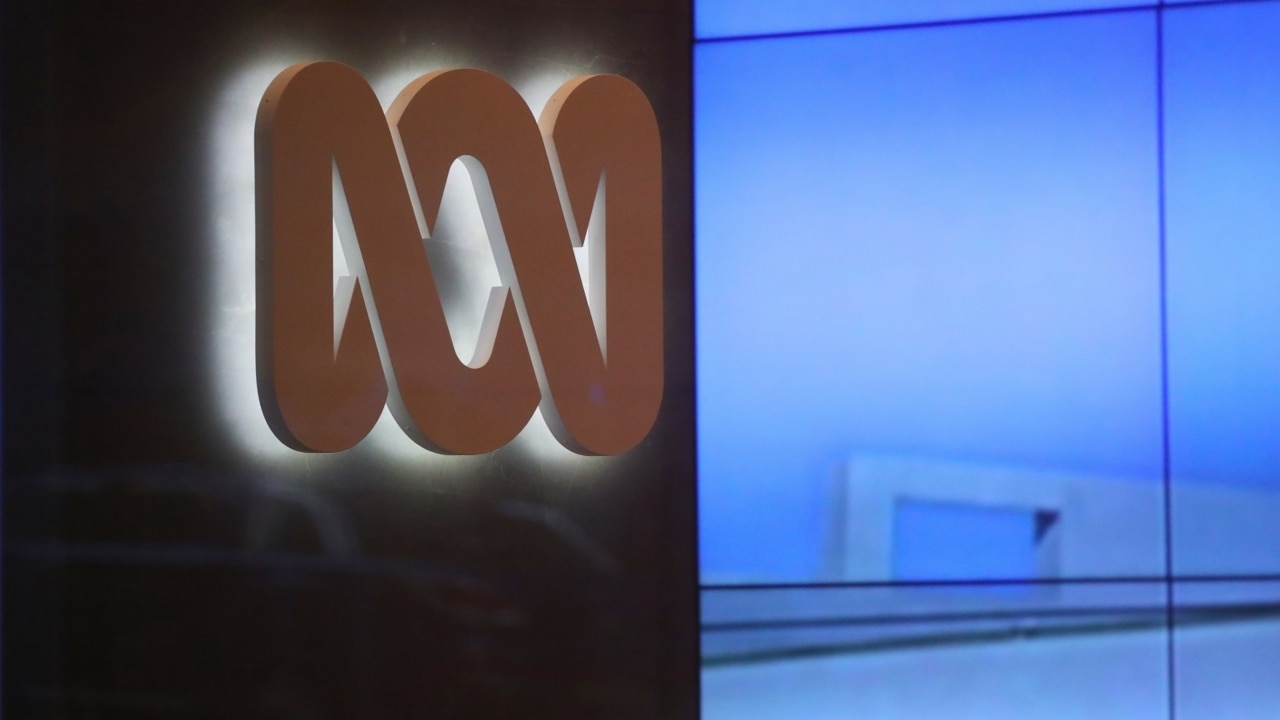Upside down world of the ABC

Rather than meekly defend attacks on management, which culminated in a widely reported vote of no confidence that was passed by a tiny fraction of ABC staff, managing director David Anderson must have the courage to push back more forcefully.
Interviewed on ABC radio on Wednesday, Mr Anderson rejected staff claims the taxpayer-funded broadcaster was biased. Rather than buy into the issues raised in the no-confidence vote, Mr Anderson must take stock of the bigger picture.
Audience figures for once popular current affairs programs across both radio and television send a more accurate message than anecdotes of internal staff emotional discomfort. ABC radio audiences are down more than 50 per cent, year on year.

The message being sent is that the ABC is increasingly irrelevant to those who pay for its existence and are sick of being lectured about ultra-minority concerns. It is the same sort of disconnect that allows the Nine-owned Sydney Morning Herald to declare on Australia Day that the inner-city Sydney suburb of Redfern is representative of Middle Australia.
The history of Aboriginal disadvantage and hostility towards it in Redfern, which has been gentrified beyond recognition, shows how short the corporate memory is of media professionals who claim to know best for the nation but seldom venture outside what Bernard Salt has called the goat cheese circle of our major cities.
To rescue its reputation, the ABC must cast a wider net. This includes, as Chris Kenny wrote on Saturday, replacing ideology and sanctimony with reality in climate coverage, among other things.
Instead, ABC staff are more interested in talking about themselves. Global affairs editor John Lyons says he is embarrassed by the ABC, which he says has shown pro-Israel bias and was failing to protect staff against complaints. This highlights the problem explored by Gerard Henderson that even in a conservative-free zone, it is impossible to pacify the left. This would not matter if the ABC was a commercial media operation, but it is not.

ABC head of news Justin Stevens was too quick to cave in to criticism via a 1400-word apologia confirming the ABC would hold “listening sessions with culturally diverse staff in news” after he said a number of employees were “finding it difficult to freely express their views”.
Incoming chair Kim Williams has his work cut out. He knows that criticism is a fact of life and is correct to say “it is important that the ABC at all times maintains a balanced and sober response … and defends its position that is not only grandiloquent but calm, measured and authoritative”.
Grandiloquence aside, to do so management must first be confident that it has a staff capable of delivering the objective and authoritative information that taxpayers demand, but increasingly have learned not to expect.


Only at the ABC thought collective could it be entertained that the public broadcaster is too right-wing in its approach to news and intolerant of the minority perspectives of its staff.